
Shabbat HaGadol: No More Chains
Shabbat HaGadol teaches us that we can do anything if we so desire; no obstacle can prevent us from performing the most difficult of mitzvot...

A precondition of freedom is to break the chains that enslave us. Oftentimes, the ideological and mythical chains that bind our minds subdue a person much more than the heaviest iron chains can. Why? Iron chains can restrict a body, but ideological and mythical chains restrict the mind.
The worst form of slavery is slavery of the mind, when a person’s mind is subjugated and he loses his G-d given freedom of choice.
Shabbat HaGadol, the Great Sabbath, is the Sabbath that precedes Passover. Shabbat HaGadol symbolizes the breaking of slavery’s chains that enables us to walk forth in complete freedom on Passover.
The Baalei Tosephot explain that Shabbat HaGadol – the Great Sabbath– is called so thanks to the great miracle that Hashem did for Israel on the Sabbath that preceded the Exodus, as follows:
 Hashem wanted the Children of Israel to perform a meritorious deed that would entitle them the reward of freedom from Egyptian bondage. As such, He ordered each family to obtain a blemish-free lamb and designate it for Pascal sacrifice. Courageously, the Israelites fulfilled Hashem’s commandment on the 10th of Nissan, which during the year of the Exodus came out on Shabbat, as the Exodus itself was Thursday, 15 Nissan, 2448 on the Jewish calendar.
Hashem wanted the Children of Israel to perform a meritorious deed that would entitle them the reward of freedom from Egyptian bondage. As such, He ordered each family to obtain a blemish-free lamb and designate it for Pascal sacrifice. Courageously, the Israelites fulfilled Hashem’s commandment on the 10th of Nissan, which during the year of the Exodus came out on Shabbat, as the Exodus itself was Thursday, 15 Nissan, 2448 on the Jewish calendar.
Each Israelite family took a lamb and tied it to the foot of one of their beds. In doing so, they had to overcome a tremendous fear of Egyptian retribution and to trust completely in Hashem. Why? The lamb was the deity of Egypt. So, when the Egyptians saw lambs tied up in Israelite homes, they grit their teeth with anger but they could do nothing because they were paralyzed and couldn’t prevent the slaughter of their lamb-deities. Even more symbolically, all this was happening in the month of Nissan – the month when the stellar constellation of Aries dominates; the Egyptians worshiped Aries, the ram lamb. Just when their deity was at its annual strength, it was being slaughtered by the Israelites under Hashem’s protection.
Aries – or any other deity – could do nothing to prevent the Exodus, provided that the Israelites fulfill four preconditions:
- They had to believe in Hashem – one cannot be a slave to two masters. The Israelites had to decide who they want to serve – Pharaoh and the Egyptians, or Hashem.
- They had to trust in Hashem – the Israelites were given a difficult mitzvah to perform. They had to trust in Hashem unequivocally, knowing that if He gave them a particular mitzvah to perform, He would give them the ability to perform it.
- They had to overcome their own fears – for 210 years, Israel had been in Egypt. The Israelites at the time of the Exodus had been born into slavery and certainly had slave mentalities. Slaves fear their masters; in performing Hashem’s commandment, Israel had to overcome the deep-seated fear of centuries.
- They had to be dedicated – it certainly wasn’t easy to see the Egyptians walking past their houses, shaking their fists and threatening the Israelites. But, by each family exhibiting phenomenal dedication in performing Hashem’s commandment, they merited the subsequent Exodus and Redemption.
The miracle of Shabbat HaGadol is still with us. Shabbat HaGadol is a template for posterity. If we apply the lessons of Shabbat HaGadol to our lives, we too can break the chains of slavery and expedite the full and final redemption of our people. We must apply the four preconditions to our lives – belief in Hashem, trust in Hashem, overcoming fear, and dedication. If we do, we can accomplish anything.
Let’s see how the four preconditions work. So many people tell me that they know Hashem is for real, but they “can’t” entirely observe His commandments for a number of reasons, all of which are mental chains. Here are a few examples:
- How will I make a living if I stop working on Shabbat? Much of my income comes from Saturday business…
- How can I maintain family ties when I won’t be able to eat at my parents’ house anymore? My parents don’t keep kosher, and my eating Kosher will only create strife…
- How can I live without a television and newspapers? I have to be informed…
- How can I possibly make aliyah? My whole family is here, outside of Israel…
The list of mental chains that bind us from moving forward and attaining spiritual freedom goes on and on.
Shabbat HaGadol teaches us that we can do anything – that no obstacle can prevent us from performing the most difficult of mitzvot – if we simply apply the same four preconditions to our lives that the Israelites on Shabbat HaGadol did by taking and designating a blemish-free lamb for Passover sacrifice. When we believe in Hashem, trust in Him, overcome our fear, and move forward with dedication, Hashem gives us miraculous Divine assistance in fulfilling every single commandment. All we need is the desire to be free, really free. Happy Passover!


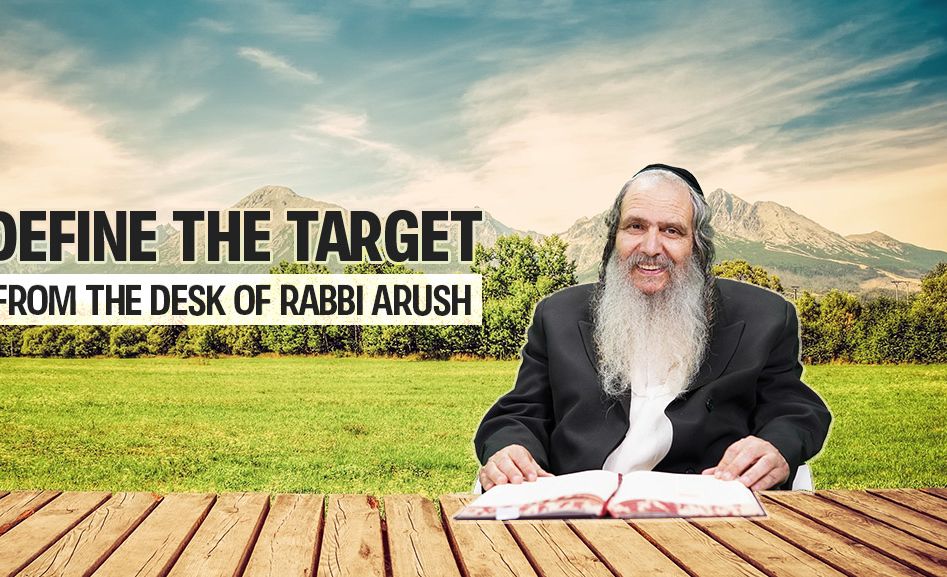

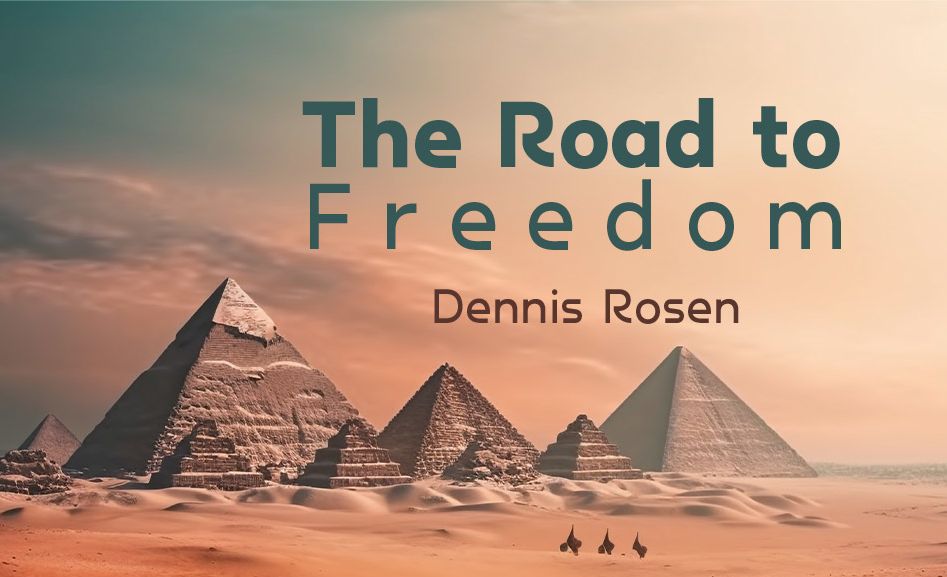

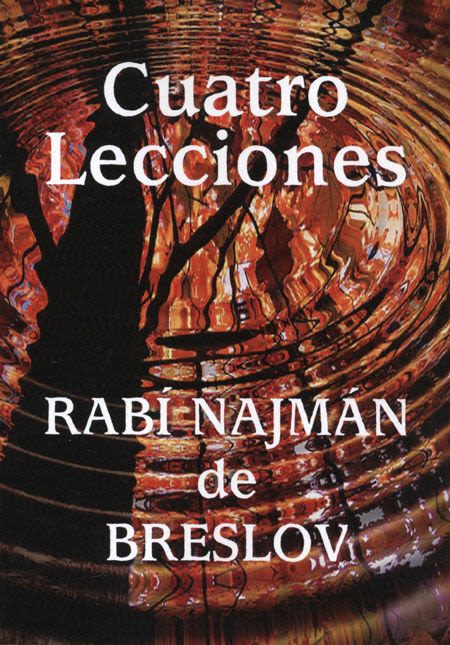

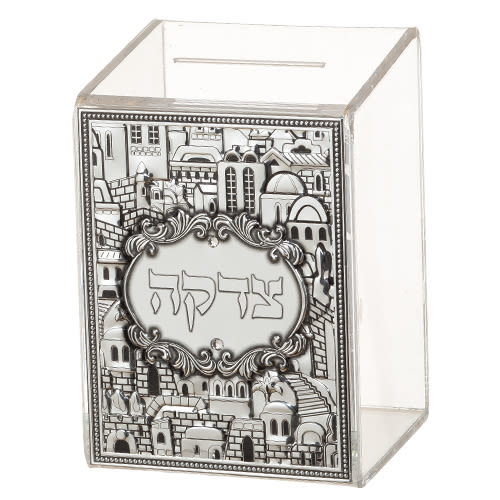
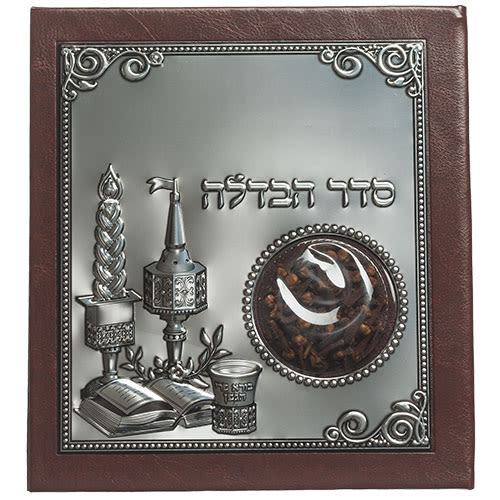
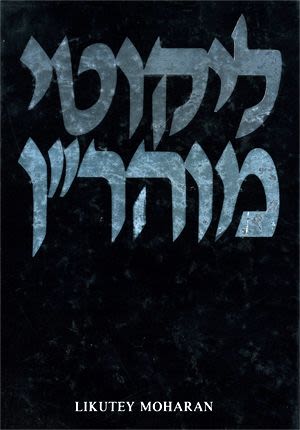
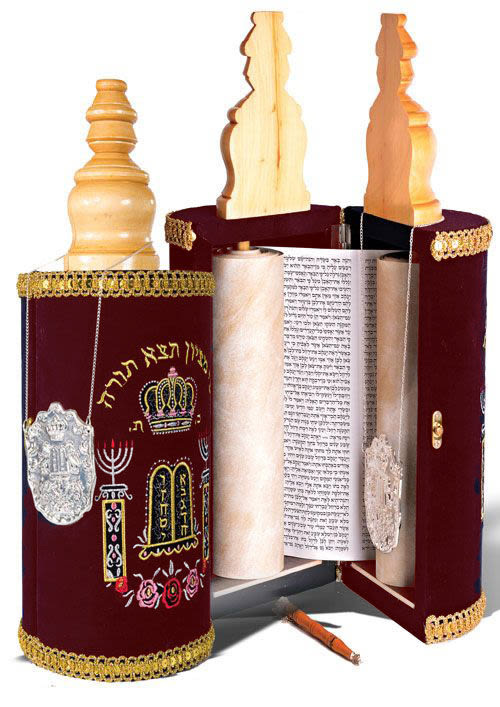
4/11/2011
One can be Torah observant without Aliyah The article seems to imply that in order to be Torah observant one must move to Israel. This is rarely the case. Whereas living in Israel is a positive commandment, a person's ability to be a happy functioning Jew takes precedence. There are lots of considerations. As the Melizer Rebbe said, a person needs to talk to his Rav about it.
4/11/2011
The article seems to imply that in order to be Torah observant one must move to Israel. This is rarely the case. Whereas living in Israel is a positive commandment, a person's ability to be a happy functioning Jew takes precedence. There are lots of considerations. As the Melizer Rebbe said, a person needs to talk to his Rav about it.